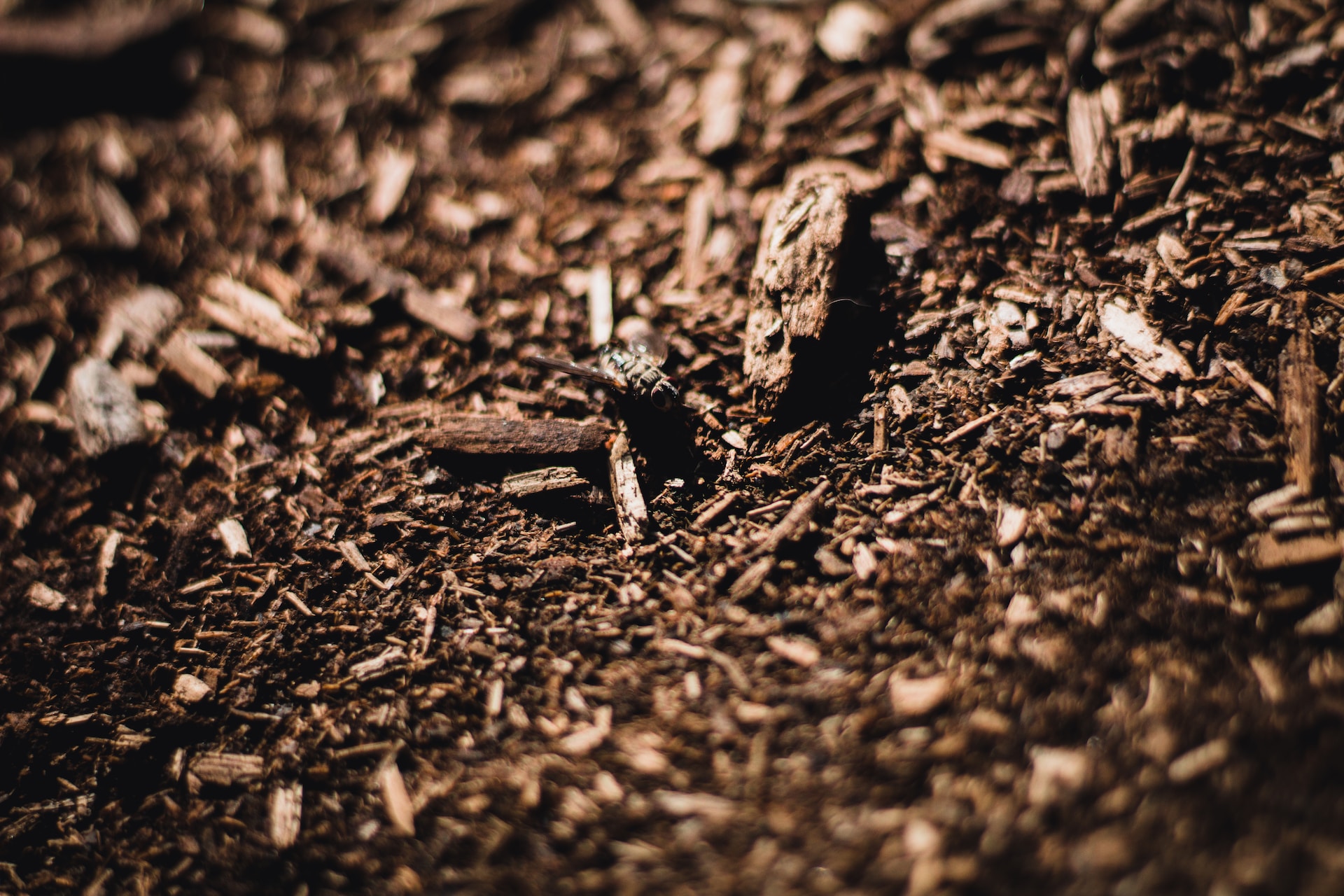Develop and prepare for commercialization of the surfactant sodium suberin hydrolyzate from industrial birch bark

The circular bioeconomy is focused on a sustainable and resource-efficient use of biomass as residues and waste and to optimize its value over time.
This project has aimed to develop and prepare for the commercialization of the surfactant sodium suberin hydrolyzate. Sodium suberin hydrolyzate is a new and unique surfactant bio-based product, which is produced from the residual stream of industrial birch bark, for use in primarily chemical technical products and cosmetics. Industrial bark from the sawmill, pulp and paper industry today is mainly used for energy recovery.
The focus of the project has been, in addition to the commercial preparations, to develop and design a cost-effective commercial process and to optimize the most critical steps. The process challenges are primarily the yield of suberin hydrolyzate at the reactor stage and the efficient separation of sodium suberin hydrolyzate from betulin and other bark material during the pressure filtration step.

Peter Skagerlind
pSk earth adaption

peter.skagerlind@gmail.com
Project information
Participants
pSk earth adaption
Kemibolaget Bromma
Holmen Aktiebolag
KiiltoClean Oy
Orkla
Schedule
January 2022 - December 2023
Total project cost
5 940 000 SEK
The Swedish Energy Agency's project number
2021-00129
More projects

Climate impact of carbon efficient forest-based value chains
Biomass can be used as a feedstock for producing renewable fuels and chemicals. The project investigates how forest residues and industrial side-streams…
Manager: Olivia Cintas Sanchez
Ongoing

SusTainAble biobased fuRan platform for the low carbon industry – STAR
Meeting Swedens’s climate target of net zero greenhouse gas emissions by 2045, requires an urgent transition from fossil to biobased economy wherein…
Manager: Rajni Hatti-Kaul
Ongoing

Tree species experiment focused on biomass production – Growth, carbon sequestration and biodiveristy
Forestry can counteract an increase in greenhouse gases through its large capacity to store carbon and through the substitution of fossil fuels….
Manager: Nils Fahlvik
Ongoing


